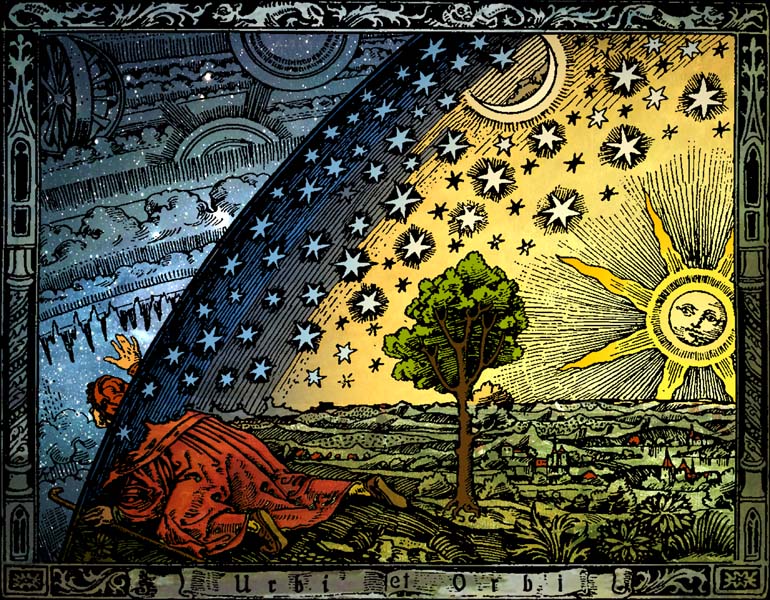In our time, no one considers the acquisition or conquest of a land as a basic right. Rather, it must be justified (i.e., made just) in some way. It is instructive to follow news accounts and to discern what is common in all such justifications. Any thinker considering the creation … Continue reading
Category Archives: Philosophy
Esoteric Writing

The prerogative of the human state is objectivity; the essential content of which is the Absolute. There is no knowledge without objectivity of the intelligence; there is no freedom without objectivity of the will; and there is no nobility without objectivity of the soul. Continue reading
Hermann Keyserling – Part 2
This is the second and final installment of Julius Evola‘s commentary on Hermann Keyserling from Saggi sull’Idealismo Magico. Evola refers to Keyserling’s “brilliant interpretation of the function of meaning, according to which understanding is removed from the rational and peripheral plane and compenetrated with the principle of deep self-realization and … Continue reading
Hermann Keyserling – Part 1

The key to Keyserling’s views is the phenomenon of understanding. It is essentially a point of spontaneity, freedom, and interiority. Continue reading
Philosophy Around the World

Although Keyserling appreciates the wisdom of the East, believing it to be superior to the West, he sees them as unsuitable for practical life. Europeans strive to manifest their ideals in the physical world. Continue reading
Giovanni Gentile — Part 3
Next: Hermann Keyserling ⇒ This is the third and final installment of Julius Evola‘s commentary on Giovanni Gentile from Essays on Magical Idealism. Although it is highly technical, we can cut to the main point. First, there is the distinction between spontaneity and freedom. In a free act, “I” make … Continue reading
Giovanni Gentile — Part 2
Next: Giovanni Gentile Part 3 ⇒ In this section, Julius Evola deals with the nature of thought itself. Thought cannot be the object of thinking, since it would then be just another thought. Rather, there must be something that transcends thinking, the “non-rational”. Nevertheless, the non-rational is not the same … Continue reading
Giovanni Gentile — Part 1
Next: Giovanni Gentile Part 2 ⇒ This is Part 1 of probably four parts of Julius Evola‘s commentary on Giovanni Gentile in Saggi sull’Idealismo Magico (Essays in Magical Idealism). It has been difficult to translate, not just because of the difficulty of the subject matter, but more because there is … Continue reading
The Philosophy of the Future

The philosopher of the future is more like a prophet than a philosopher. Hence, he must learn to think with his heart as well as with his head. Continue reading
